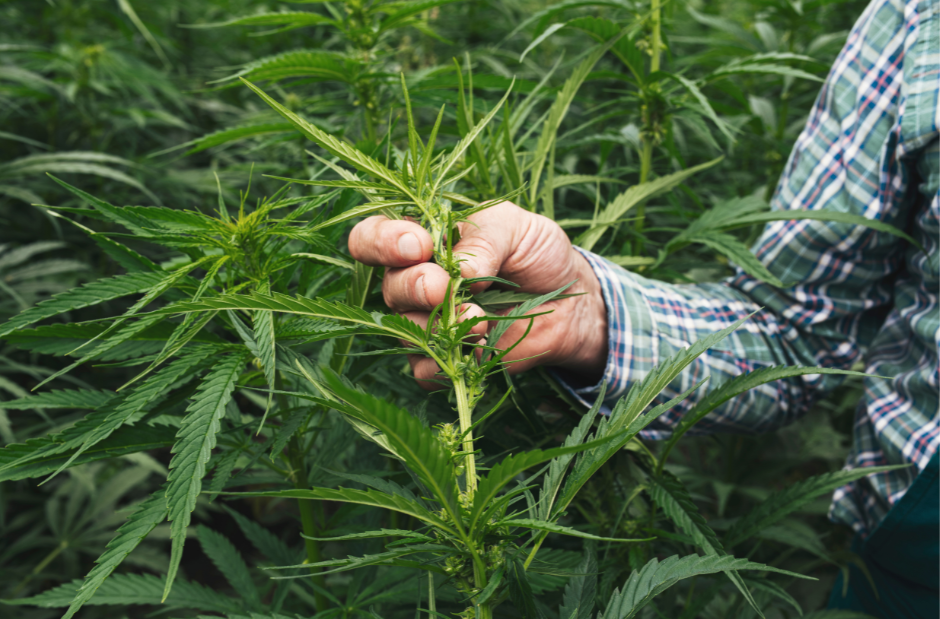Over the past decade, climate change and sustainable farming practices have taken center stage in environmental discussions. While some are committed to developing renewable energy, others emphasize water conservation. There are countless approaches to preserving our planet for future generations, and hemp is a powerful tool among them.
Hemp is a versatile plant with numerous benefits. The surge of biomass on the market has advanced cannabinoid research in medicine. Hemp seeds offer a valuable source of protein and fiber for both humans and certain animals. Products traditionally made from paper can now be produced with hemp fiber—and even sustainable housing can be built from it.
With all these applications, how can hemp contribute to sustainable farming practices and enhance soil quality?
In the 1930s, the United States went through what became known as the Dust Bowl, a devastating environmental crisis. Due to a combination of severe drought and unsustainable farming practices, vast areas of farmland experienced significant soil erosion. As noted by the Library of Congress, farmers had plowed through prairie grasses to plant dry-land wheat. With rising demand for wheat, cattle grazing diminished, and even more acres were plowed, stripping the land of its natural cover.
This removal of native grasses left the soil exposed to harsh elements, particularly the strong winds common in states like Kansas and Oklahoma. The result was a catastrophic chain of events that profoundly impacted American society and inspired art and literature.
Removing native plants makes soil vulnerable to erosion, but sustainable agricultural practices and planting vegetation with deep root systems—like hemp—can strengthen and protect the soil, offering a natural solution against erosion.

The Power of Hemp in Soil Restoration
Beyond keeping soil intact, hemp can actively restore damaged land by absorbing contaminants like heavy metals, pesticides, and other pollutants from the soil. These harmful substances are retained within the plant until it is harvested, making hemp a powerful agent for soil detoxification.
For instance, a 2020 study published in GCB Bioenergy states, “Research has consistently shown that hemp is capable of phytoextraction of heavy metals and radionuclides, with contaminants dispersed throughout the entire plant in varying concentrations.”
Latest Research Insights
Recent studies continue to explore the efficacy of hemp in soil remediation. A 2022 paper from USDA-ARS-Western Regional Research Center in California confirmed that industrial hemp is effective in extracting heavy metals from soil. The findings noted, “Hemp has deep roots and tolerates metal accumulation well. Furthermore, its harvested biomass holds commercial potential for various applications.”
With hemp’s legalization and increased biomass availability, research into soil repair and preservation using hemp has accelerated, with more seeds and young plants accessible for experimentation and large-scale applications.
Looking Ahead
Hemp offers multiple benefits, including its promise as a tool for soil restoration. Current findings suggest that hemp can absorb toxic chemicals and prevent soil erosion. However, the conversation now shifts to determining the best use for harvested hemp after phytoremediation. Many options are being considered, but one thing is clear: the potential of hemp in soil restoration is just beginning to unfold.
